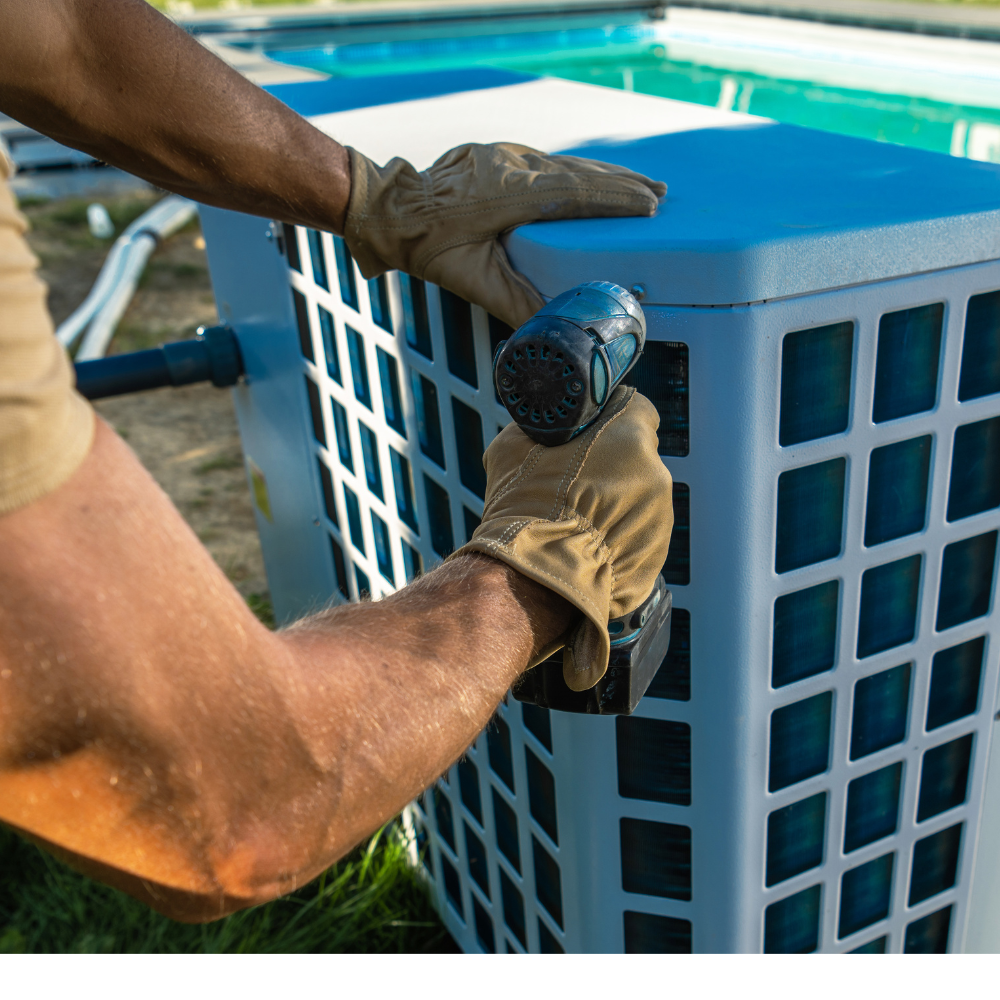Honest lessons about pool heaters and heat pumps. Learn the hidden costs, placement tips, and real performance differences.
Heating your pool extends the season, but the buying decision isn’t simple. Here’s what I wish I knew before installing my first heat pump — and what you should know before pulling the trigger.
Lesson 1: Heat Pumps Work Best in Mild Climates
They’re efficient above 50°F air temp. Below that, performance drops and gas heaters take over.
Lesson 2: Placement Makes or Breaks Performance
Heat pumps need airflow. Squeezing one against a wall suffocates it. Gas units need venting clearance for safety.
Lesson 3: Energy Bills Still Climb
Even the most efficient heat pump raises your bill. Covering the pool at night keeps costs down.
Lesson 4: Noise Levels Vary
Some models hum quietly, others drone. Ask to hear one before buying.
Lesson 5: Lifespan Isn’t Equal
Heat pumps often last 10–15 years. Gas heaters can wear faster but cost less upfront.
See more product comparisons in Gear Lab. For circulation and balance guides, check Pool Lessons. For energy efficiency tips, see the U.S. Department of Energy.
FAQ
Which heats faster, gas or heat pump
Gas heaters heat faster but cost more per hour. Heat pumps heat slower but are cheaper to run long-term.
How do I size a heater
Use your pool’s surface area, climate, and desired season length. Bigger isn’t always better.

